Banning guns is not the way to go
Restricting guns can do as much harm as it can do good
Defending the rights of gun owners at the McCallum walkout in support of stronger gun control legislation on April 20, 2018, three McCallum seniors (two of them pictured here) sit silently counter-protesting at the rally in the parking lot. “I believe in the Second Amendment since it was instituted in the beginning of this country,” one of them said. “I obviously don’t believe in fully automatic weapons. They aren’t legal anyways. I’m pro-rifle, pro-gun and I’m pro Constitution.” One of the students asked to remain anonymous to protect future opportunities. Photo by Kien Johnson.
October 22, 2019
Recent shootings are a huge issue in American life. If we ignore that ever-present danger, we are only furthering it. It also must be acknowledged, however, that we attack the problem of gun control from its true source before we take away the constitutional rights of our people: the heart of the gun-violence crisis in our country isn’t with the guns themselves; it’s the lack of effective regulation of them and our societal failure to address the true cause–our institutions are failing to use the legislative weapons that they have available to protect people from being killed.
A lot of people fear guns because they fear how they can be used to inflict harm. The fault here is that while guns can inflict fear and death, they can also be a way for a defender to protect their family. Banning guns altogether isn’t fair, especially when neither view of them is complete because it is based on past experience and not fact. Taking away guns may create a sense of peace and security for some people–but there are people on the other side of the issue that believe less guns would mean less protection and the feeling of safety.
Arguments for banning guns revolve around the idea that banning guns will significantly reduce the amount of gun deaths. This is true. However, the amount of deaths in general should not change; the problem with killing is the purpose to kill. God forbid another person feels the need to do a shooting, but the fact is that if there is a will to harm other people for any reason, then people will harm them. Even if guns were fully illegal, the will is still there and damage will still be done with other weapons of mass destruction, unless the person gets some kind of help that addresses the root of the problem. The rash of mass shootings in the United States is a perfect example of how mental health impacts physical health. This proposes a possible solution: more access to mental health resources to decrease the obscene amount of shootings that America has; aka accessing the root of the problem.
Shootings aren’t a gun problem; they’re a people-wanting-to-use-guns problem. And as cliche as it sounds, it’s true and banning guns is only a topical solution to a deeper problem. People who feel the need to shoot people often do it either because grew up in a culture where it was normal and almost necessary to kill in order to survive, they are mentally ill, they are in some kind of crime of passion situation or they feel like a person or group of people needs to be exterminated for whatever reason. All of these situations have nothing to do with guns, that is just the usual weapon of choice. Banning the guns themselves can’t solve this issue.
I will admit that though I thoroughly believe that smaller guns should be allowed, there are some exceptions. Some guns are clearly meant for killing and those should be very heavy regulated; only being used for military purposes. Assault rifles are purposefully made for mass destruction and these kinds of rifles don’t help anyone that isn’t committing a crime. This also gives us a good compromise; banning guns that are frequently used in shootings, but letting people still keep the guns that they feel keep them safe.
So what do we do? We advocate for changed gun laws. First we require tight gun regulations for all kinds of guns. The process should be similar to getting a driver’s license; it should be difficult, with training with a licensed professional and gun law and practice courses necessary for obtaining a license, but not impossible. Second, we make mental health counseling available and affordable for anyone who needs it because mental health bills are less expensive than hospital ones. Working together trying to find a solution that will work for both viewpoints is the only way that we are going to see progress and change.


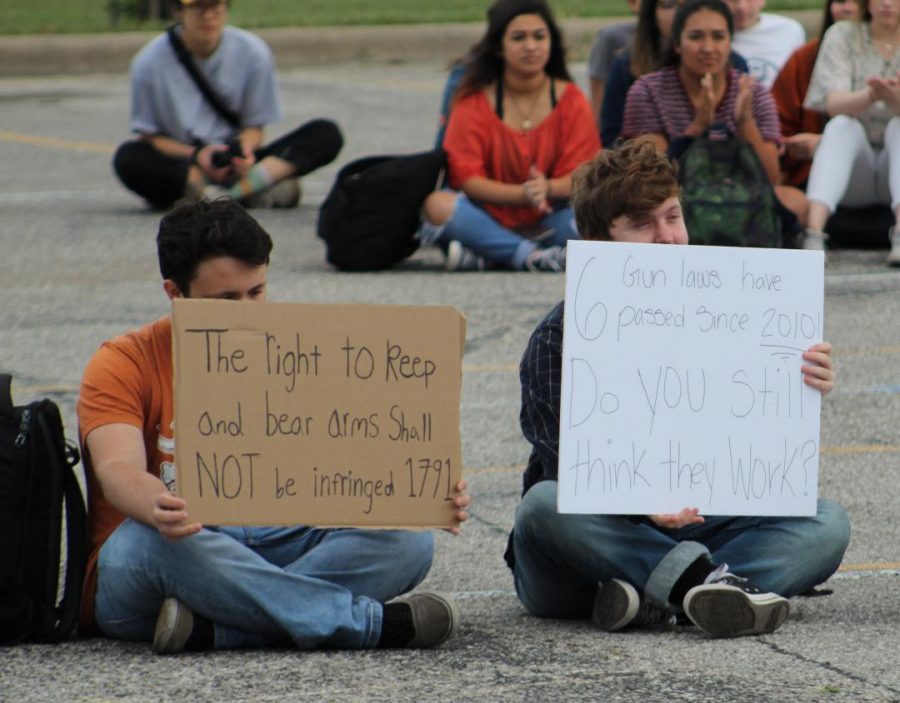
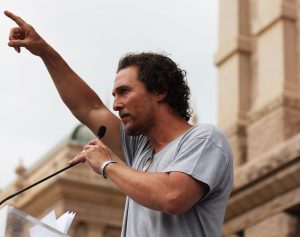

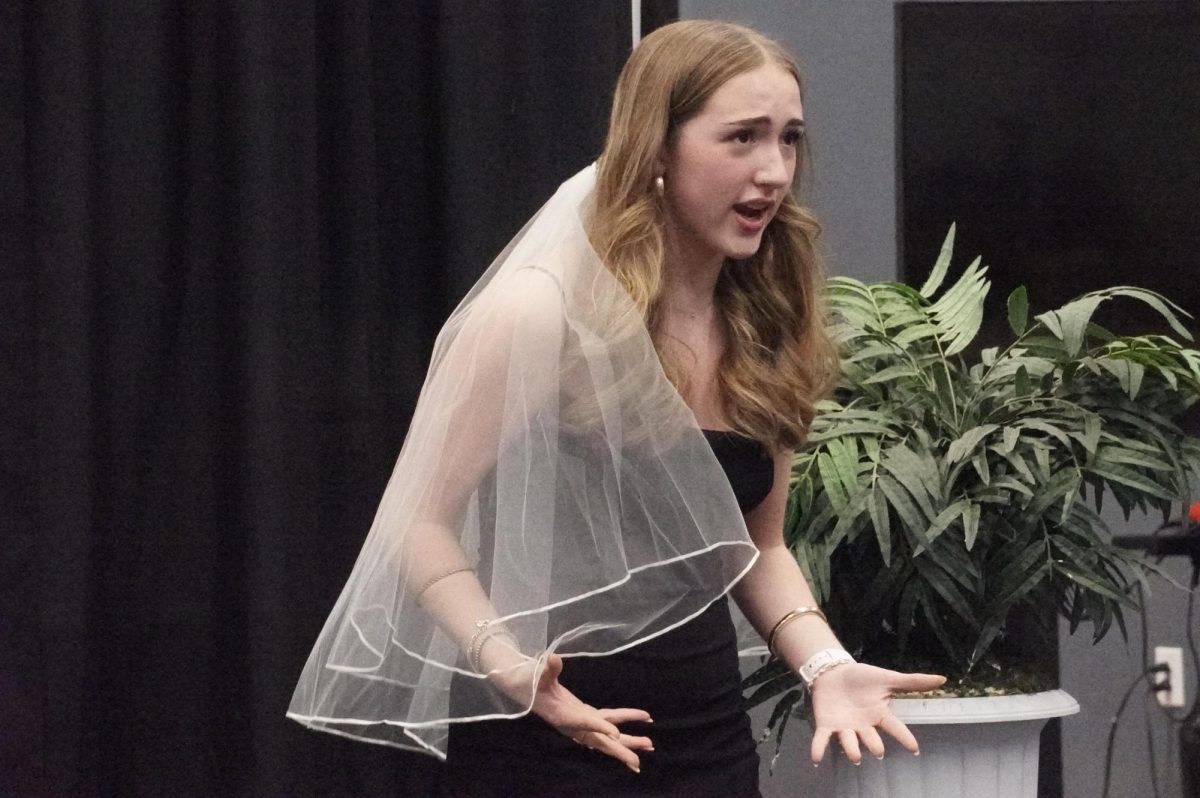


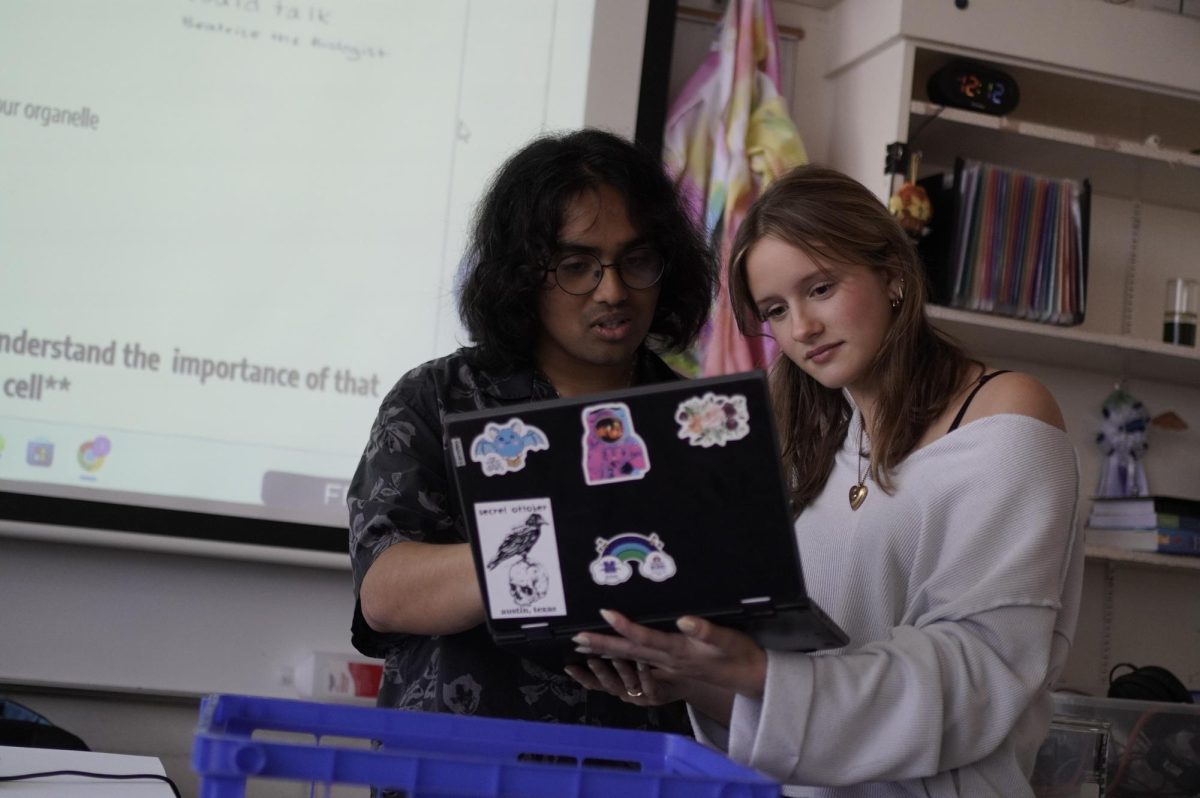

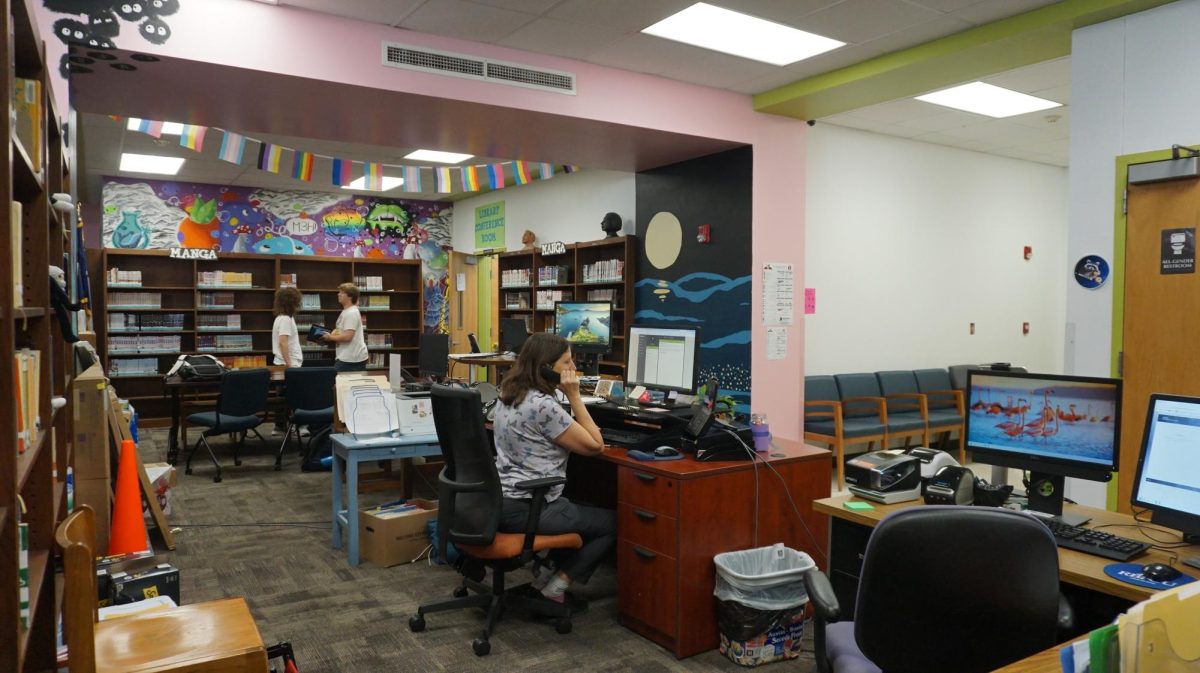
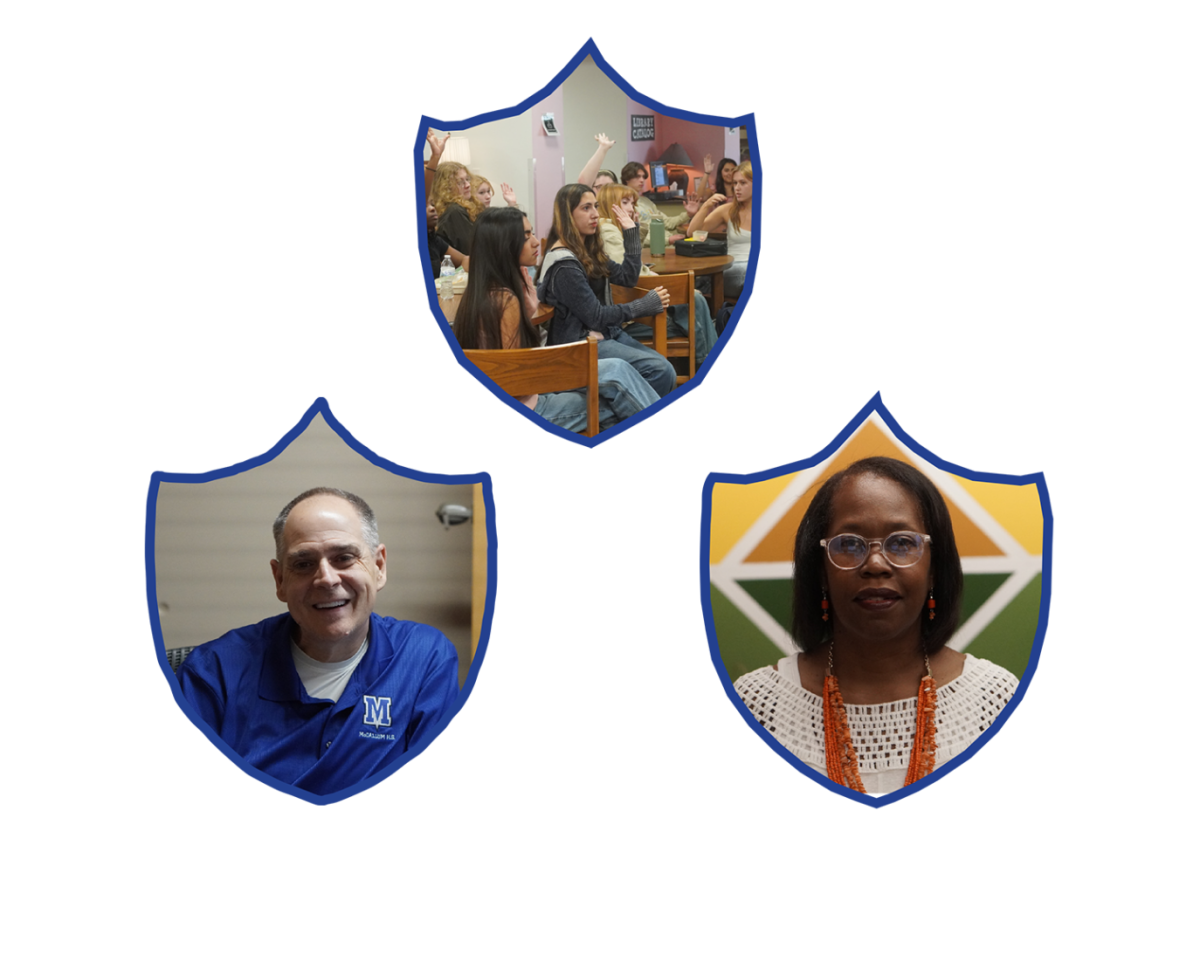

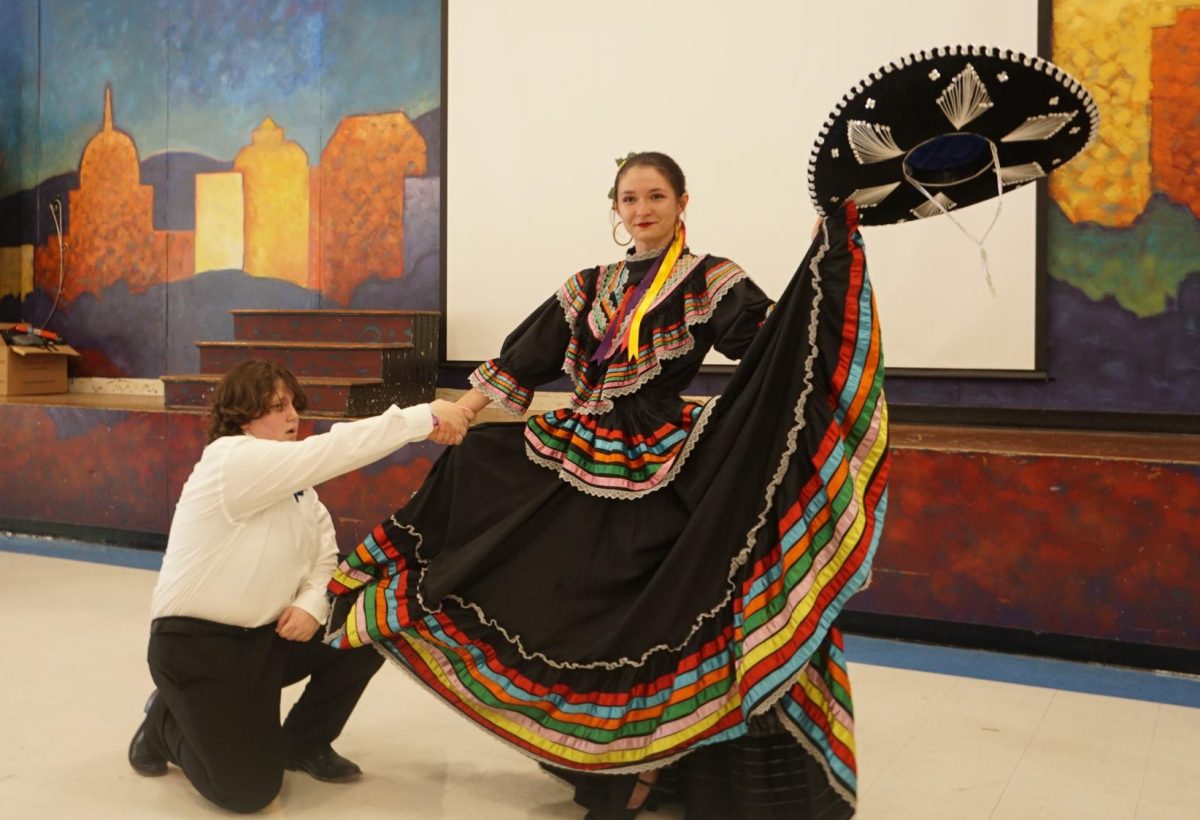
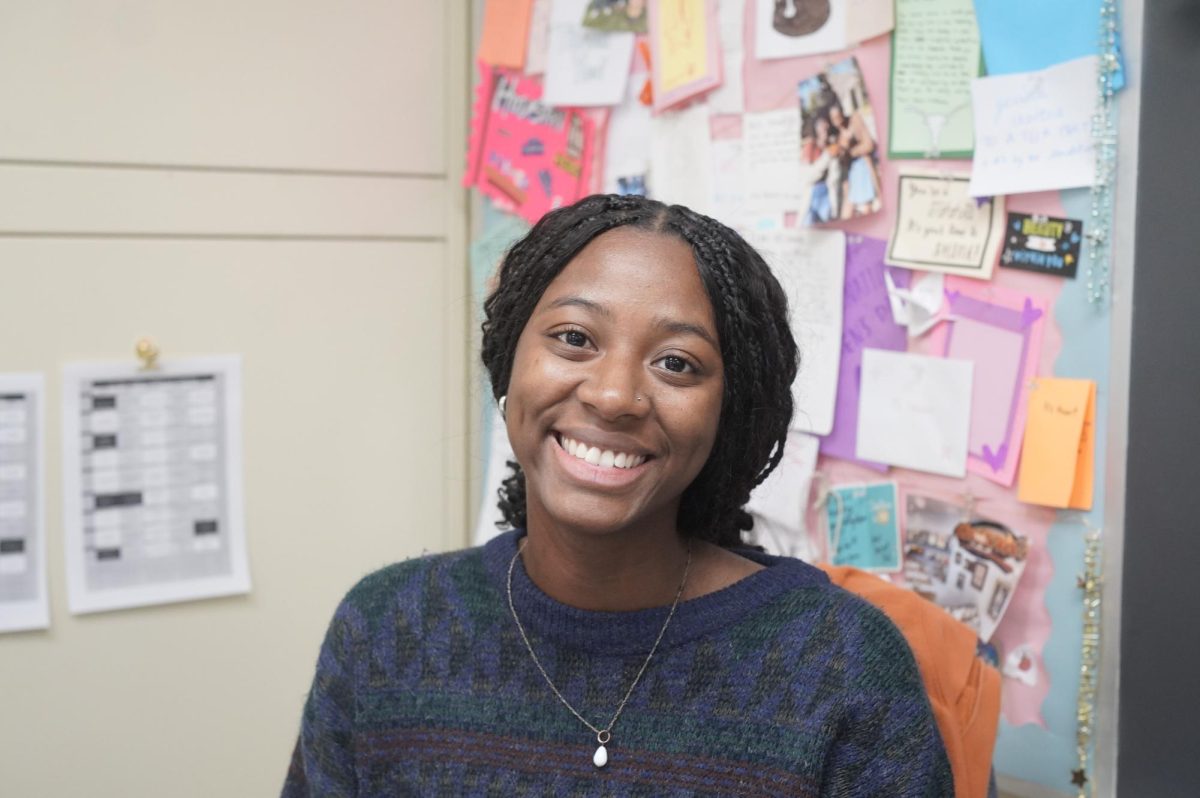
Skibidi • Mar 28, 2025 at 2:25 pm
Aura
Jason Holster • Feb 5, 2025 at 9:40 pm
This is a well-balanced take on a very complicated issue. You’re absolutely right—mass shootings aren’t just a gun problem; they’re a societal problem that stems from deeper issues like mental health, cultural influences, and inadequate regulations. Simply banning guns won’t address the root causes of violence, and I appreciate the nuance in your argument.
The idea of treating gun ownership like getting a driver’s license makes a lot of sense. If we require people to go through training, testing, and background checks to operate a vehicle, why shouldn’t we have similar measures in place for something as powerful as a firearm? At the same time, outright banning guns isn’t a fair solution for those who rely on them for protection.
Mental health access is another crucial point. Many violent incidents, not just shootings, have roots in untreated mental illness, and offering more affordable and accessible resources could go a long way in preventing tragedies before they happen.
The key here is compromise. Too often, this debate is treated as all-or-nothing when, in reality, a combination of better regulations, mental health support, and responsible ownership could make a real difference. Thanks for bringing a nuanced and practical perspective to the conversation!
James • Jan 1, 2025 at 9:51 pm
The problem with this article, although it acknowledges that banning guns is not the way to reduce violence, still advocates making it difficult to get guns, or allowing assault style guns to still be banned, thus violating the initial thesis. Stop banning assault weapons, they don’t exist, it’s a misnomer.
Cyndi • Nov 28, 2024 at 10:25 am
If we HAVE to push fear. I believe people should not to fear the gun, but fear the mental state of those who use this device as their easy outlet of rage or justice. A gun can do nothing on its own. Just like everything else in the world, the human learns how to manipulate and control everything. More laws have not affected the criminal or mentally ill. I propose we use the laws and Constitution already in place and begin to look at the people causing the problems. Stop punishing the whole class because one student is misbehaving. Pull that student out of class and work with them to get them back on track without interrupting the majority who function just fine in society.
Moody • Sep 4, 2024 at 1:13 pm
A gun is gun Size shape doesn’t matter.
What matters is our children in our schools are being killed and harmed.
Are we being stupid in not seeing this is a very evil problem?
Our voices in numbers can change this violence!
Please speak out we as Americans and good human beings can stop this inhumane
problem
We need Gun control ❤️Now!
PRECIOUS • Aug 7, 2020 at 4:09 am
There are different kind of guns with different kind of shape and method of shooting. guns like tank, hunting, rescue, handguns, machine guns, terminology and military. guns our also know as weapon use for defending or attacking. so guns kind be use ether for good or back. i we really love to have a gun. Thank for this article.